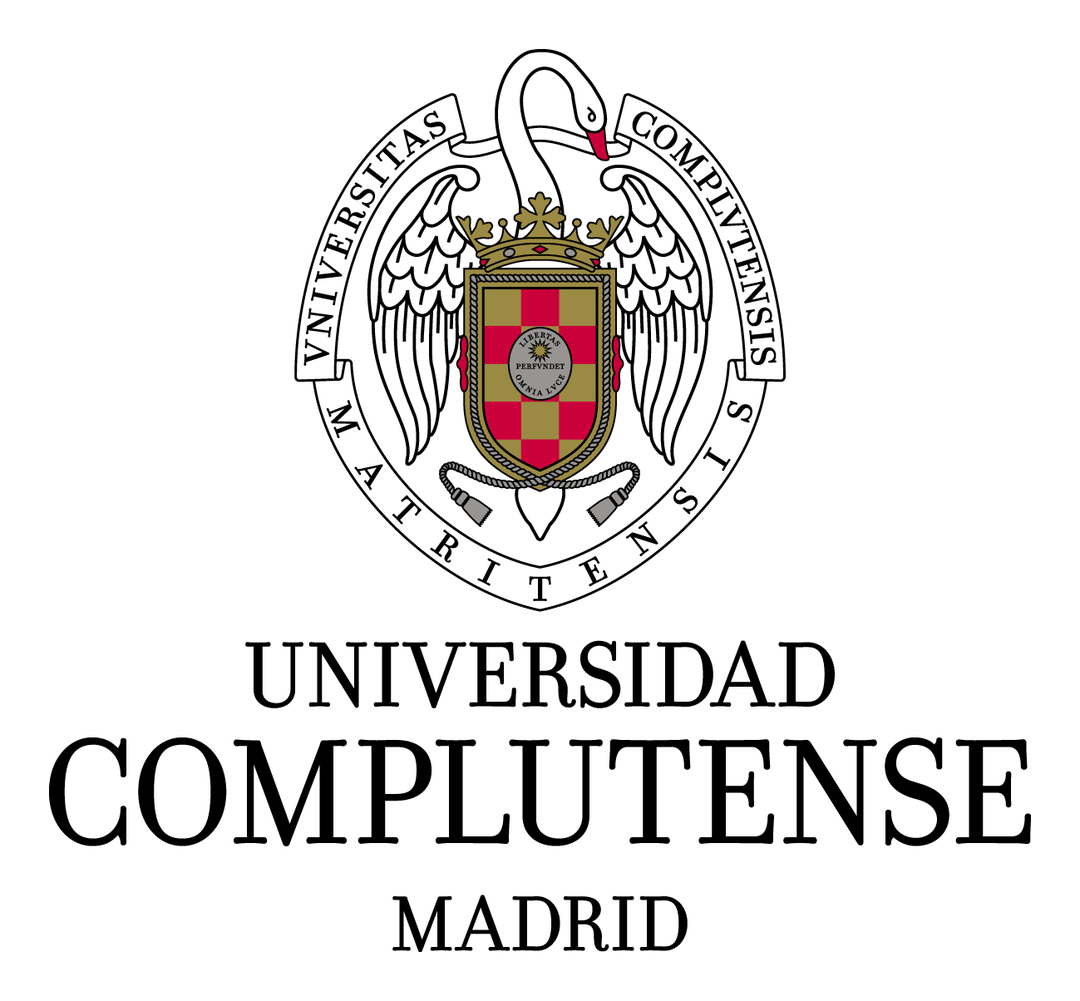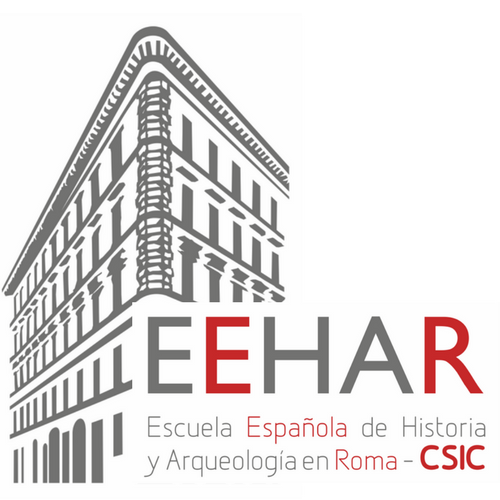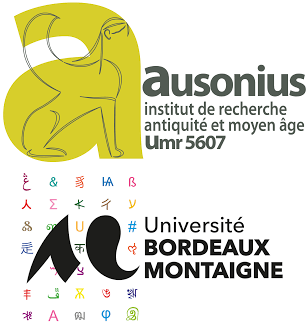IMPACTVM is a Marie Skłodowska-Curie-Individual Fellowship project (MSC-IF-2020) funded by the European Comission (grant agreement No 101025799). This project is hosted at the Dipartimento di Scienze dell’Antichità of the Sapienza Università di Roma under the mentorship of Dr. Gian L. Gregori with two secondments, first in the Universities of Nottingham/ Oxford under the supervision of Dr. Alex Mullen and the second in the Εθνικό ‘Ίδρυμα Ερευνών (= EIE, National Hellenic Research Foundation) of Athens under the supervision of Dr. Sophia Zoumbakis. The project is in line with the EU strategy of promoting cultural heritage and identity, the diversity of European culture, the interaction and translation of the traditions of its different countries and regions, and cultural cooperation with third and developing countries.

The main purpose of the IMPACTVM project is to evaluate the socio-political impact of Augustan veteran colonies (1st c. BC – 1st c. AD) by understanding of how Latin and epigraphy was spread in local communities across the Roman world. This will allow us to understand the colonisation process, the origin of the colonists, the foundational policy of urban and sub-urban power centres, and the effectiveness of the Augustan colonisation’s impact on the creation of the Roman Empire through 5 selected study cases (colonia Augusta Emerita (Mérida, Spain) in Lusitania, colonia Augusta Lugdunum (Lyon, France) in Gallia, colonia Iulia Carthago (Carthage, Tunisia) in Africa, colonia Iulia Augusta Philippensis (Filippoi, Greece) in Macedonia and colonia Iulia Augusta Felix Heliopolitana (Baalbek, Lebanon) in Syria).
The project has a strong multidisciplinary nature involving a combination of well-developed approaches to Roman colonisation (epigraphy socio-linguistic approach; GIS; network analysis; historical approach; quantitative analysis; etc.) for reformulating the methodology in the studies of historical colonisation.
This proposal includes both the transfer of knowledge to the host institution and the training of the candidate in new advanced techniques (Digital Humanities) and methodologies. The result of this research will not only be papers, two seminars (in Athens and Rome), the publication of the proceedings and the collective manual on ancient names, but it will also be made available to the general public through some activities, as well as a booklet and a dissemination paper in an informative newsstand journal.





Outputs
27th EAA Annual Meeting. Kiel (Germany) – 8th to 11th September 2021
Session 192 (co-ordination with María del Carmen Moreno Escobar, Durham University): Landscapes and the Augustan Revolution: Exploring the Transformation of the Western Provinces between the Republic and the Early Empire.
27th EAA Annual Meeting. Kiel (Germany) – 8th to 11th September 2021
- Paper: “Augustus and the transformation of the Roman road network in the Western provinces (Gaul, Hispania and Africa). An epigraphical perspective” (Session 192: Landscapes and the Augustan Revolution: Exploring the Transformation of the Western Provinces between the Republic and the Early Empire)
- Poster: “The power of Roman place names in South Hispania” (Session 375: Archaeology, Language and Landscape)
Marie Curie Lab – Rome (Italy) 3rd May 2021
MSC-IF «IMPACTVM Project» Presentation at Sapienza Università di Roma




Deja un comentario